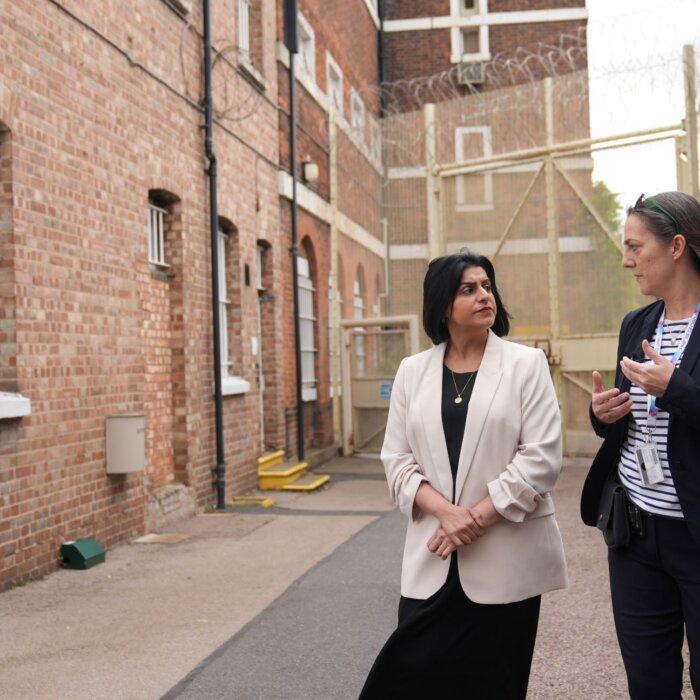Feltham Prison and Young Offenders’ institution in west London has been labelled as the most violent jail in the country by the prison watchdog.
Feltham A is a detention facility for boys aged 15 to 18—as opposed to Feltham B, which is a Category C prison and young offenders’ institution (YOI) for men over 18.
Feltham A holds those on remand awaiting trial in London courts, as well as those who have been sentenced.
The inspectorate found there were 410 violent incidents at Feltham A within a 12-month period involving 84 children.
That equates to a rate of 488 incidents per 100 children, which is much higher than any adult prison in England and Wales.
Chief Inspector ‘Very Concerned’
The chief inspector of prisons, Charlie Taylor, said he was “very concerned” at how much Feltham A had deteriorated in the past two years.Inspectors found high levels of violence and rising self-harm when they visited Feltham A in March.
In an introduction to the report, Mr. Taylor said, “It was disappointing to return to find there had been a deterioration in standards with levels of violence now the highest of any prison in the country.”
“In the summer of 2023, things had got particularly bad, with a dramatic increase in the number of assaults and a serious incident in the education block that led to its closure from August 22 until early September,” the report added.
Feltham A holds around 300 teenagers, many of whom are involved in London gangs.
The report said that rather than attending lessons with children who had similar interests and abilities, boys were assigned to education classes based on the criteria of avoiding violent altercations between rivals.
There were also “major” concerns about the “worryingly prolonged” segregation of some of the inmates.
Seven children, some as young as 15, had been segregated from the general prison population for more than 50 days, and two of them for more than 100 days.
- Children spending too much time locked in their cells.
- Too few children achieving qualifications in English, mathematics and other lessons.
- Children were losing touch with their families because of “insufficient opportunities for social visits and video calls.”
Feltham B has also suffered from persistent violence over the years.
The most notorious incident was the murder of Zahid Mubarek, 19, in March 2000.
Mubarek, who was serving a 90-day sentence for stealing £6 worth of goods from a shop, was beaten to death with a table leg by his cellmate, Robert Stewart, who was described in court as a racist psychopath.
The report said the jail’s management had, “failed to make significant progress” since previous inspections in 2019 and 2023.
A Ministry of Justice spokesperson said, “The criminal justice system is in crisis and as this report clearly shows, this is placing great strain on the youth estate.”
“As the chief inspector recognises in his report, the governor and frontline staff are now making every effort to drive improvements and reduce violence. But we know there is much more to do and we are committed to increasing the support these children need to turn their lives around,” they added.







